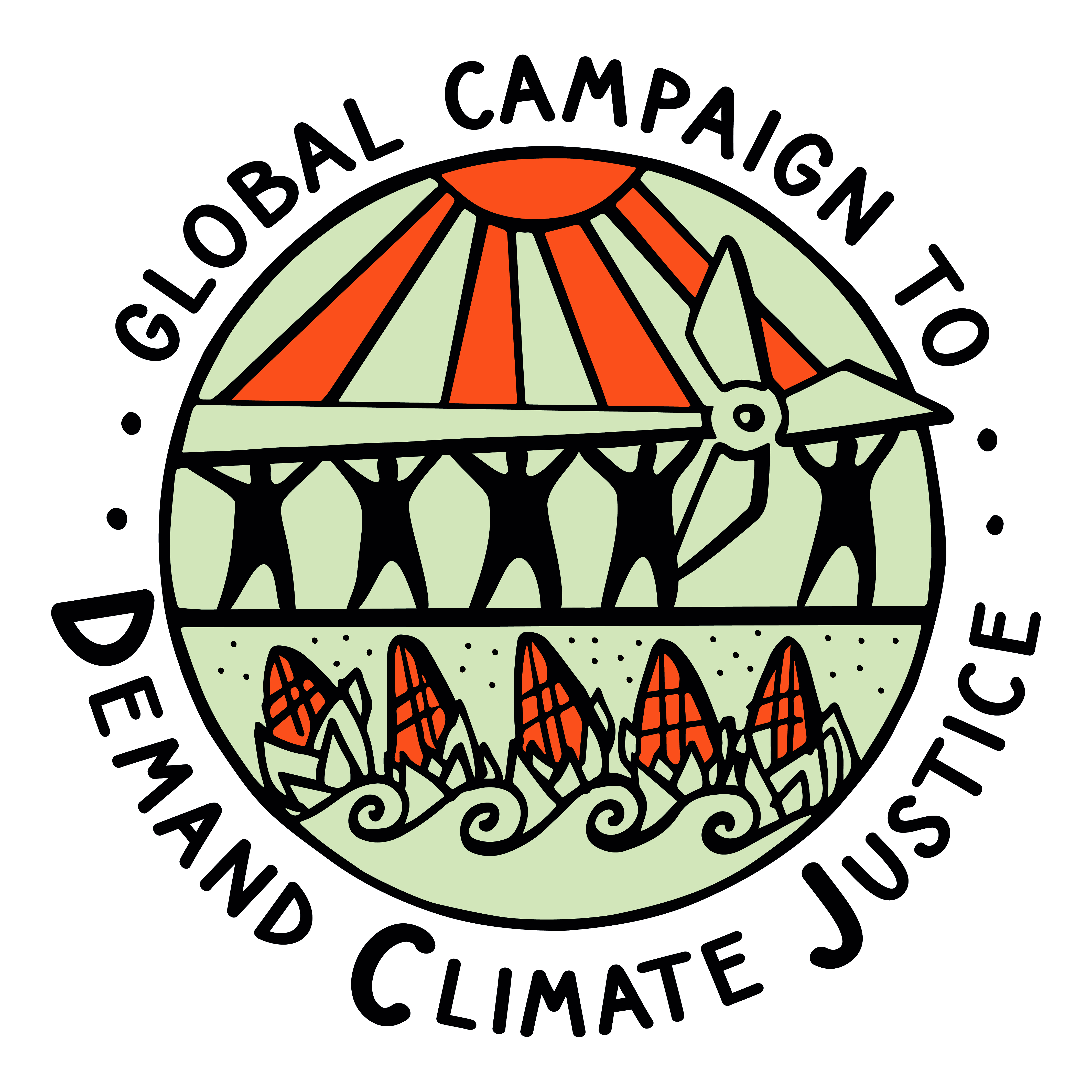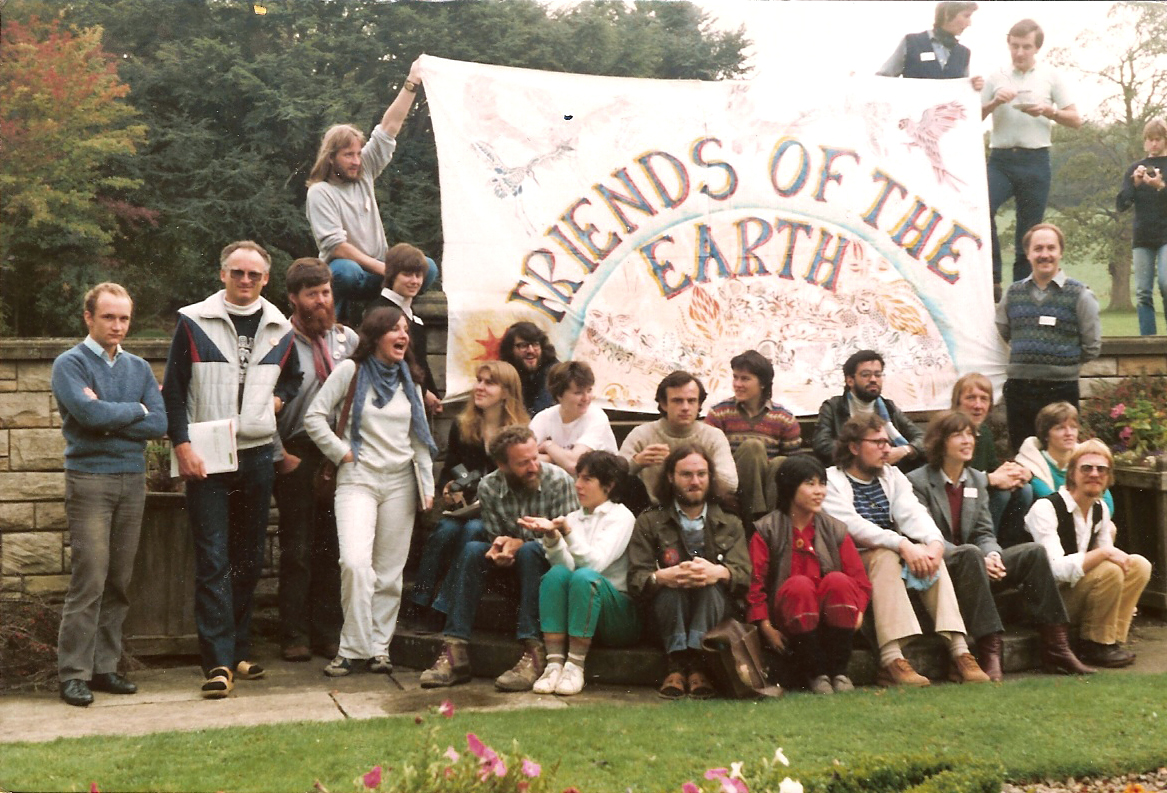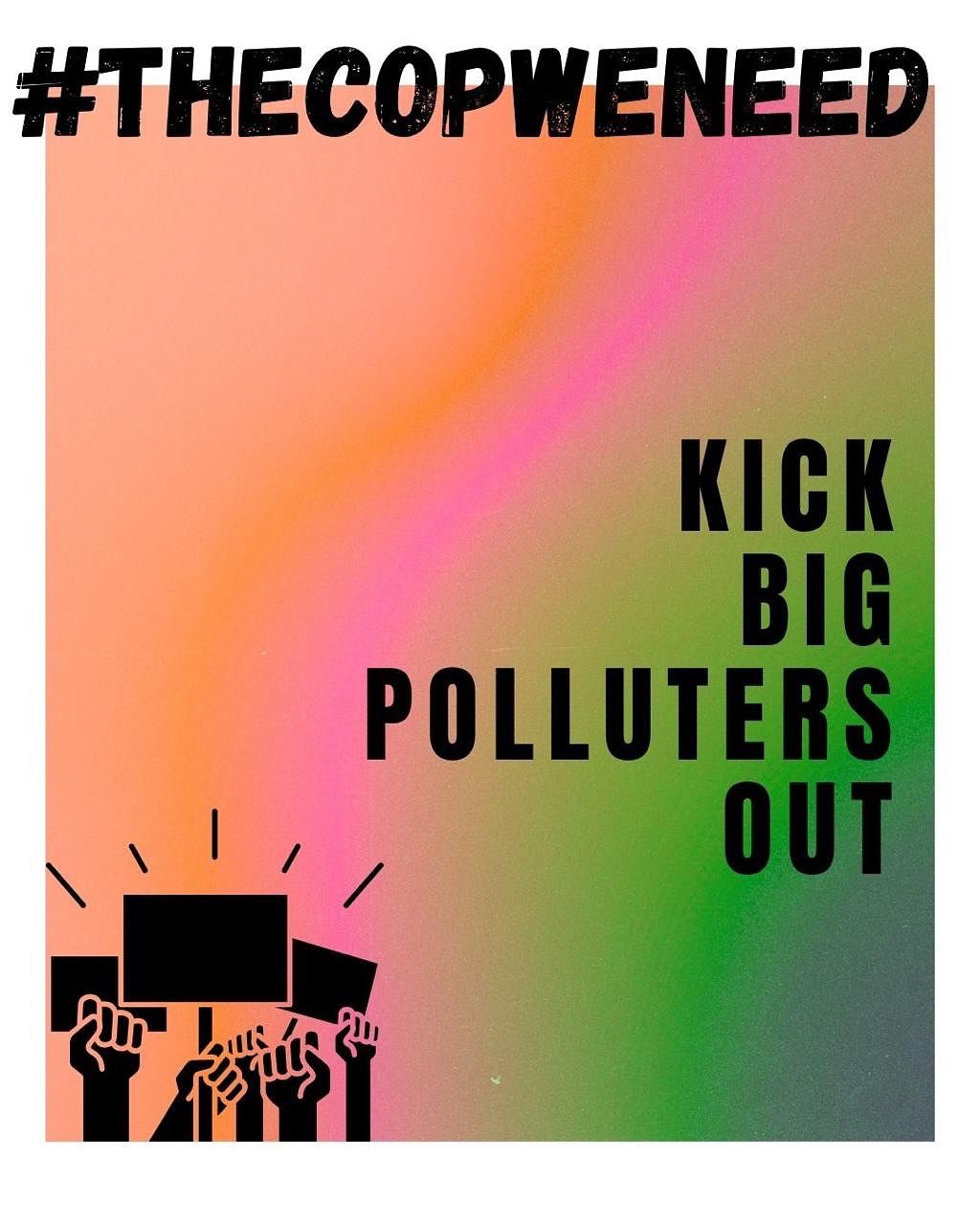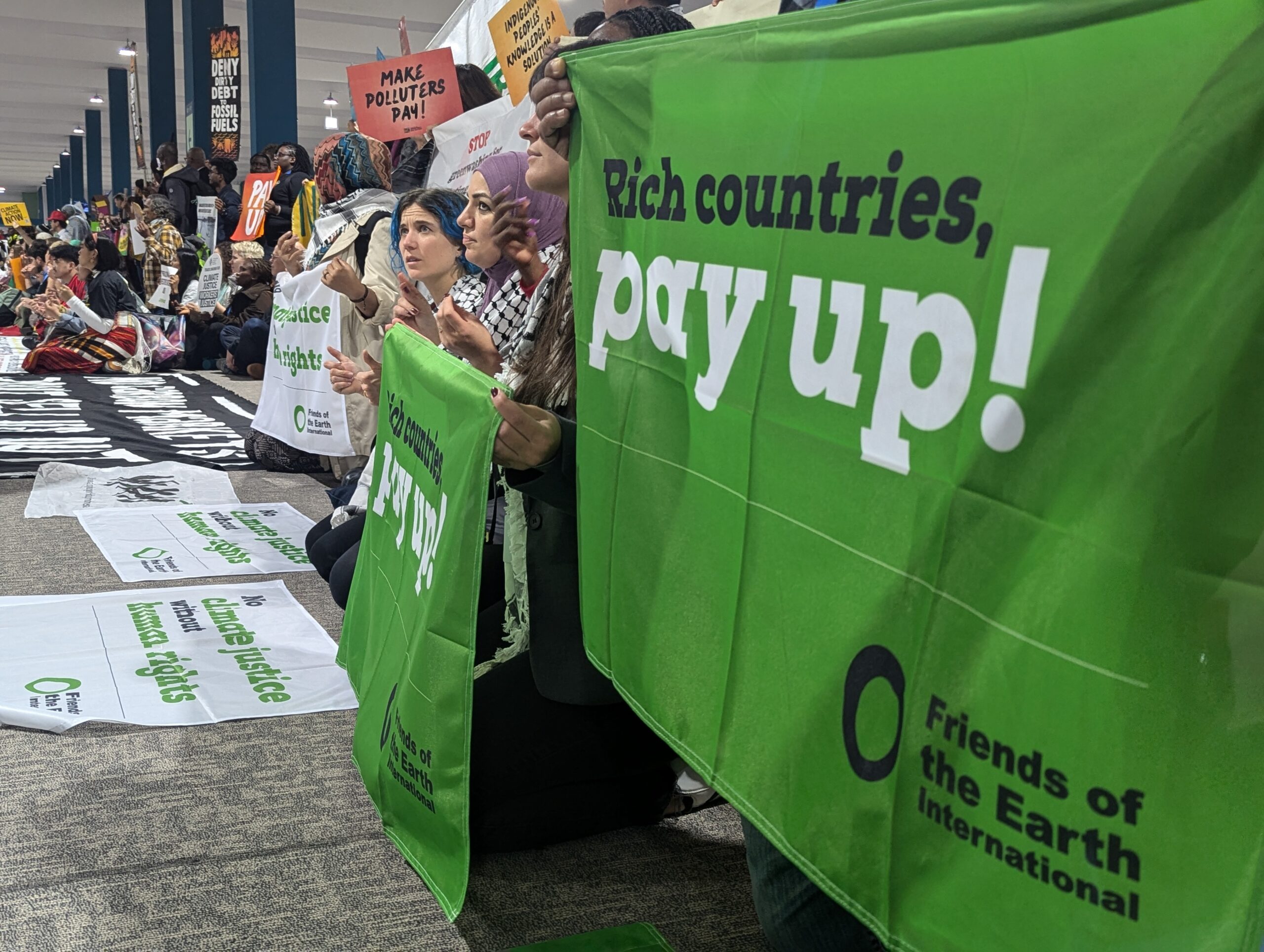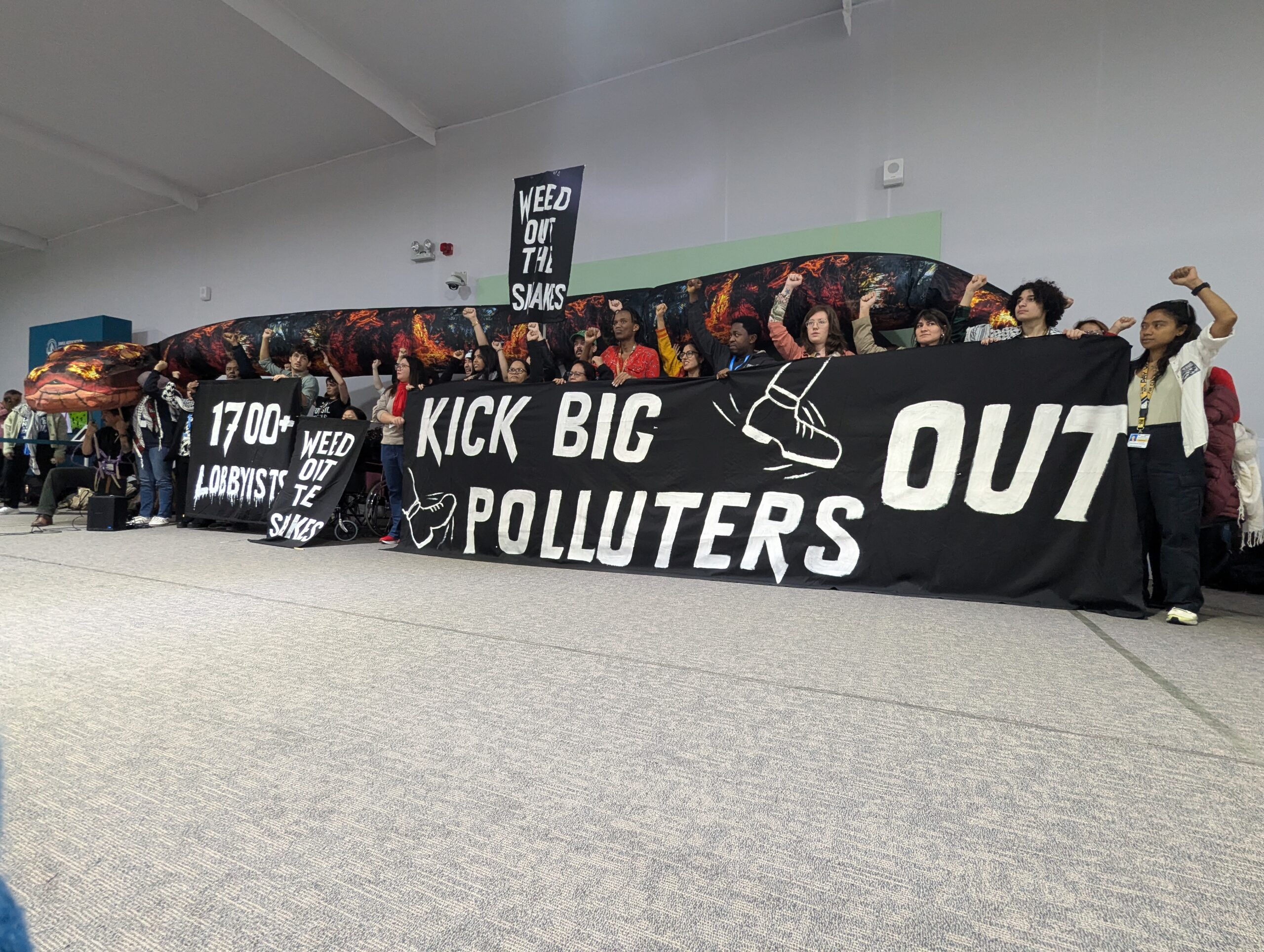Funding climate action in the food and agriculture sector through just transitions
DCJ PRESS RELEASE:
BAKU, AZERBAIJAN, 14 NOV 24 – As COP29 heads into the fourth day, climate finance for ambitious climate action in the food and agriculture sector needs to be an urgent demand within the global climate policy space. Agriculture is both a significant contributor to climate change, responsible for 21-37% of global greenhouse gas emissions, and a sector highly vulnerable to its impacts.
About 15% of global fossil fuel resources are destined to agriculture and food transport & storage. Agriculture lacks robust emissions reduction targets, with increasing dependence on petrochemical-based pesticides and fertilisers. A quick and just transition in agriculture is urgently needed to achieve the Sustainable Development Goals, given that 80% of the world’s poorest live in rural areas and rely on this sector for their livelihoods. Needless to say that women represent 43% of the agricultural workforce.
Empowering small food producers in agriculture enhances sustainability, resilience, and food security, yet climate finance for small-scale farmers remains limited, with only 0.8% allocated to these groups in 2023. Food systems should focus on producing adequate, nutritious, and accessible food for all, with an emphasis on meeting communities’ staple needs for domestic consumption.
“A just transition is not only switching from coal to renewable energy. A just transition recognizes the self-determination of farmers, communities, small producers and asking them what they want to grow.”
Wanun Permpibul, Climate Watch Thailand
“No climate action will be successful if we do not include a radical transformation of agri-food systems, and to achieve that we need women. For that we need adequate financing and to highlight their role in the agri-food system from seed to plate.”
Andrea Echeverri, Global Forest Coalition
“Just transitions cannot be reduced to fossil fuels and workers, it has to be about the whole of society’s transformation that undoes centuries of historical inequality and addresses not only the climate crisis but also the biodiversity crisis as well. We need an expansive vision of transformation that delivers a just and ecological equitable transition.”
Leon Sealy-Hoggins, War on Want
“A just transition in the energy sector will not be possible without a just transition away from the industrial agriculture model that accounts for 15% of all fossil fuel annually. A just transition away from industrial agriculture towards an equitable, humane and sustainable food system is urgently needed to meet the climate, biodiversity and sustainable development targets.”
Elodie Guillon, World Animal Protection
‘The stakes couldn’t be higher. The food and agriculture sector is the 2nd largest emitting sector after energy whilst at the same time already bearing the brunt of climate changes which billion of poor rely on. Without urgent action and a just transition away from the industrial animal agriculture system towards equitable, humane and sustainable food system the climate, biodiversity and the SDG goals will remain out of reach.’
